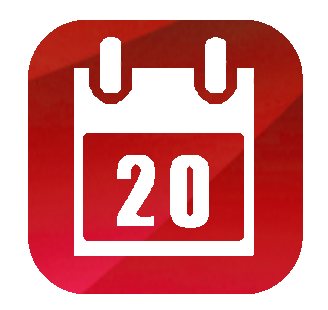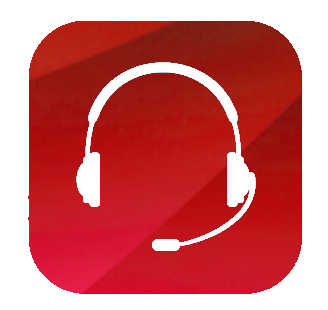As the proud owner of a new startup business, you may be far too busy to be concerned with cost accounting. However, investigating the use and application of cost accounting within your business can be critical. If you choose not to, you may be at quite a disadvantage – competitively speaking!
No doubt by now, you are familiar with financial accounting. Financial accounting involves tracking the income and expenditure of your new business to calculate the profit or loss, which is beneficial information to determine how well you are doing over time. But while financial accounting reports can tell you how you are doing at a whole business level, they are less useful if you need to determine which of your products or services are the most profitable!
Financial accounting reports cannot tell you how much it costs to produce a particular product or service, or which resources are used to make each of your products.
Cost accounting can!
Dictionary.com defines cost accounting as:
“The field of accounting that measures, classifies, and records costs.“
and provides the following example of what a cost accountant might be required to do:
“A cost accountant, for example, might be required to establish a system for identifying and segmenting various production costs so as to assist a firm’s management in making prudent operating decisions.”
So what is cost accounting?
It is a method of accounting, usually undertaken outside of the financial accounting system used by the business to measure, classify and record costs at the product or service level to provide detailed costing information for the management to use for decision-making purposes.
Typical decisions made using cost accounting data would include:
- how to price your products or services,
- which products or services you should continue to produce,
- which products to discontinue,
- determining the optimal batch or run size and
- how to improve the allocation of production resources between products.
Cost Accounting Methods
There is more than one way to implement cost accounting for your business, and the method you choose will depend on several factors, including how detailed you want your costing information, the size of your business and the resources you have available to devote to your costing activities.
Your choices include:
- Activity Based Costing
- Standard Costing
- Job Costing
- Throughput Costing and
- Marginal Costing





